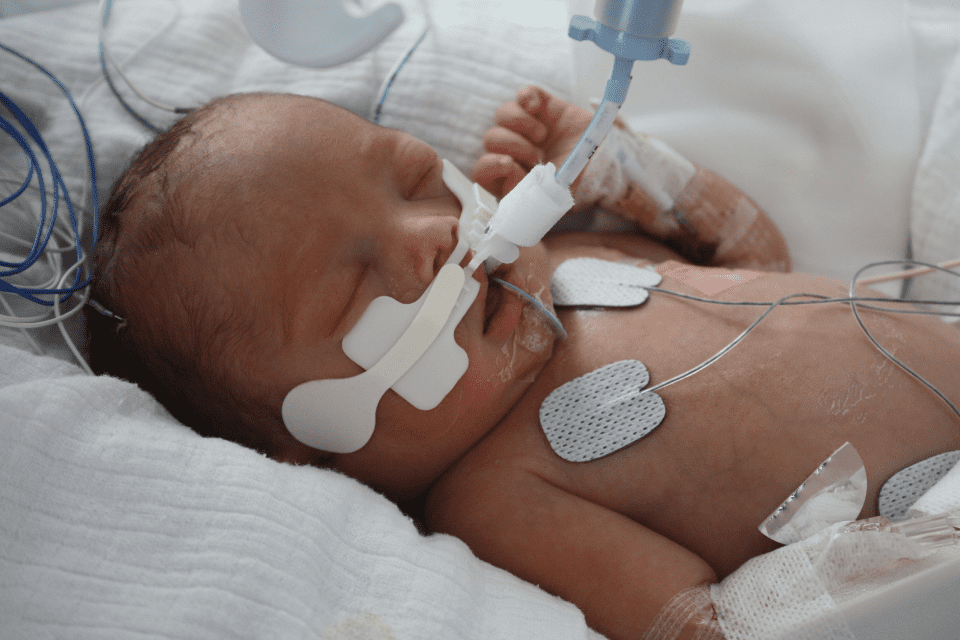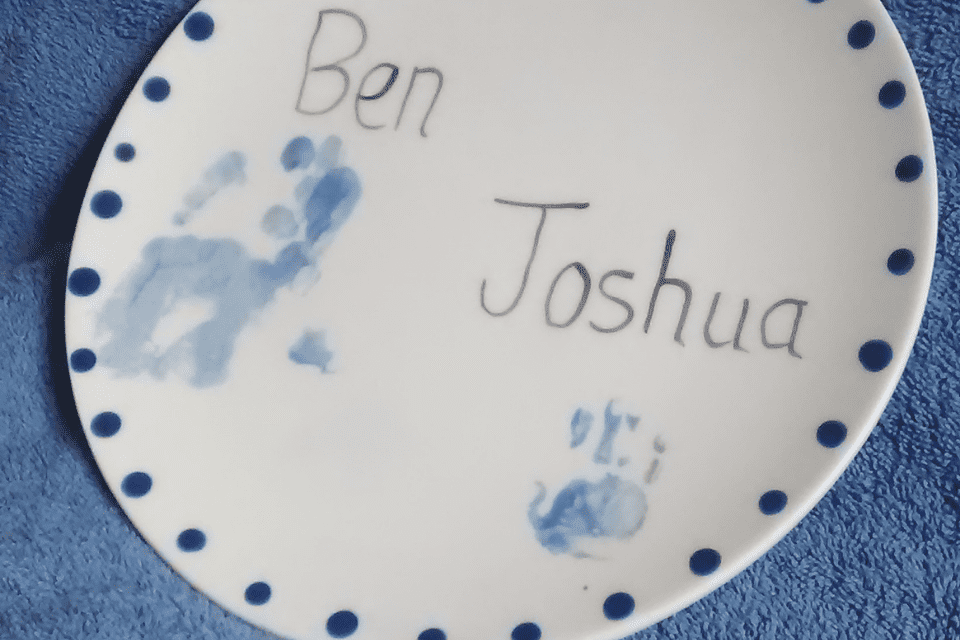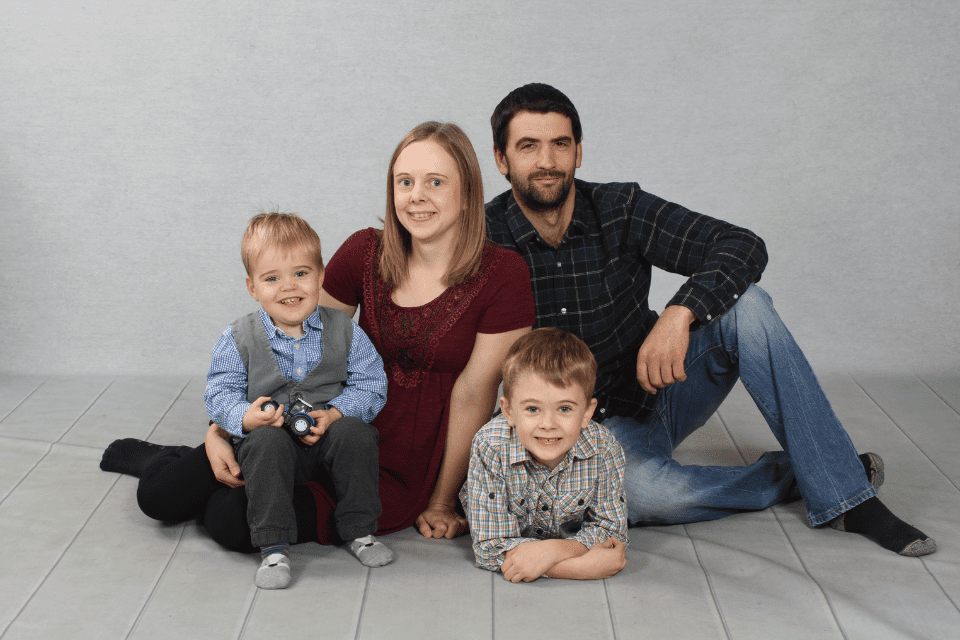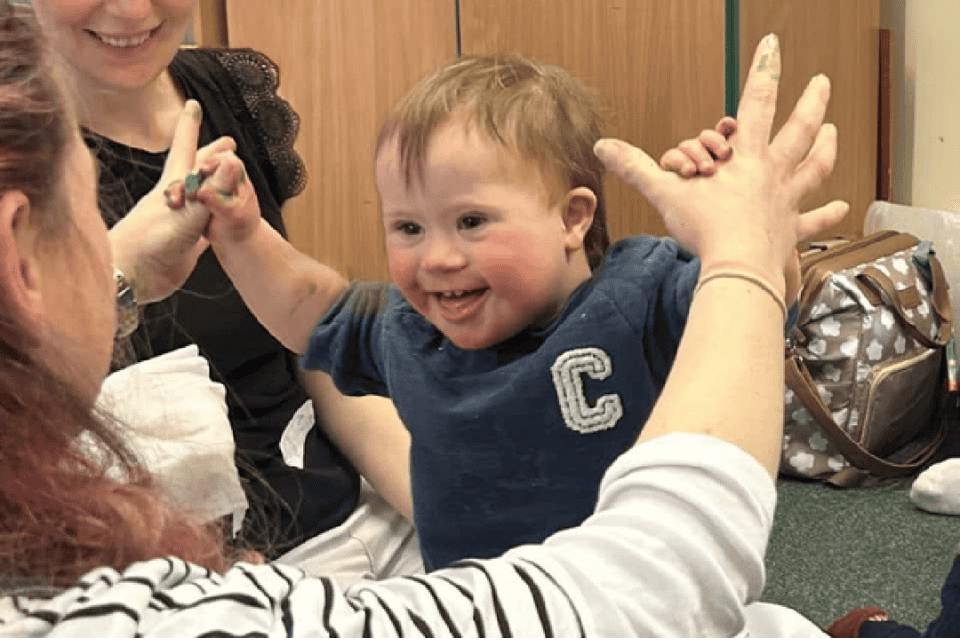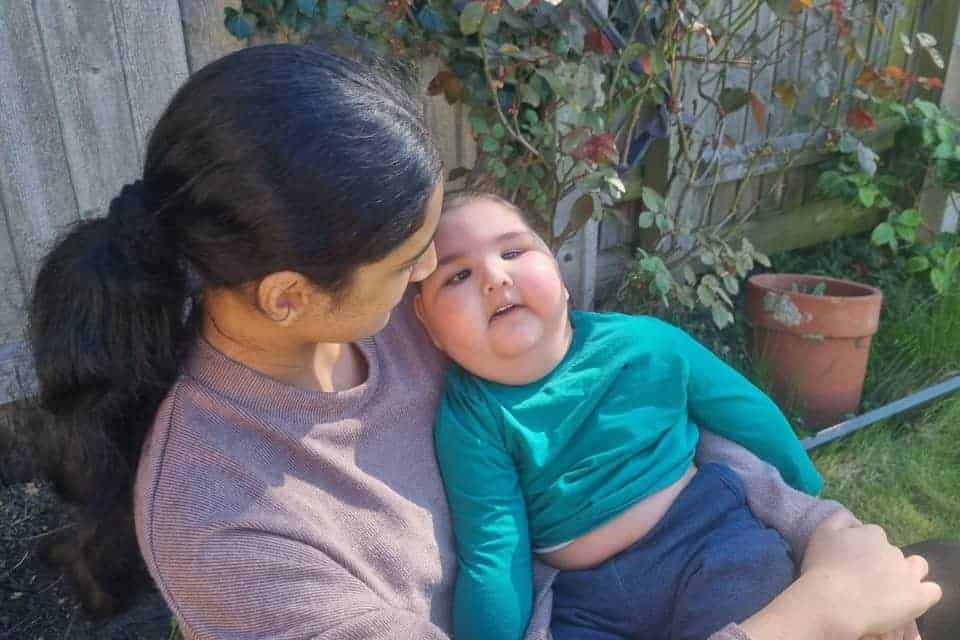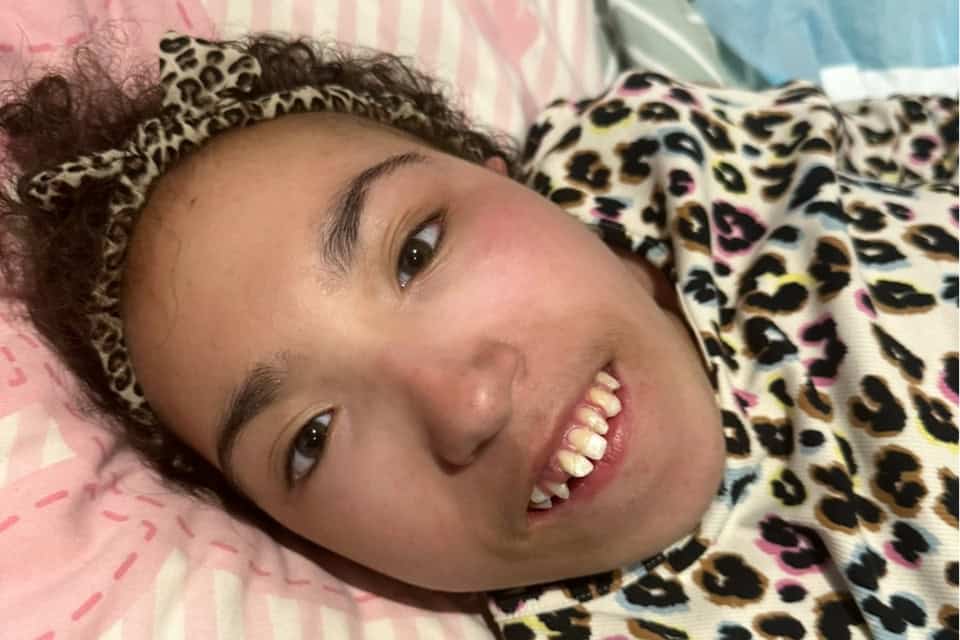Est. read time: 6-7 minutes.
“We’ll always wonder what Josh would’ve been like. Milestones such as his first smile, first step, first day at school, we have huge sadness we never got to experience. I never got to see his eyes or hear him cry.”
This is Joshua Charles Howlett. He experienced five days of life before he sadly died at Norfolk & Norwich University Hospital on Friday 24th April 2015.
Josh had been born on the Monday at 30 weeks and four days’ gestation at Queen Elizabeth Hospital, King’s Lynn. He was delivered through emergency C-section and taken to the Neonatal Intensive Care Unit (NICU). Parents Philip Howlett, a farmer, and Rebekah, an accountant at MHA Larking Gowen, from Holme Hale, were informed Josh was doing well. He just needed a bit of help breathing at the time.
The staff showed Rebekah and Philip how to open the incubator to touch Josh, which they learnt with excitement, but longed to hold their little baby boy.
On Wednesday morning Rebekah went to the NICU where she was told doctors were with Josh. Panic crept in. Not knowing what the problem was, Rebekah waited, later to be told Josh had suffered a collapsed lung. Josh had PPHN (Persistent Pulmonary Hypertension of the Newborn) which is a serious breathing condition found in newborns in which lung vessels are not open wide enough meaning that oxygen and blood flow is restricted. Josh wasn’t ready for life outside the womb. Although doctors were able to get him breathing again, the time he went without oxygen led to other complications.
Josh was transferred to Norfolk & Norwich University Hospital, where scans showed he had bleeds on both sides of his brain, and there was no normal brain activity. This was caused by lack of oxygen to the brain.
Rebekah described the time as heart-breaking, from receiving the devastating news on Wednesday to baptising him on the Thursday, through to holding him for the first time on Friday morning, as he died in his parents’ arms.
“From Josh’s birth on the Monday to his death on Friday, I think we were really in shock the whole time. Although completely devasted, it took us a long time to process what had happened. EACH (East Anglia’s Children’s Hospices) has helped us on our journey.”
On the Thursday, the day before Josh died, the hospital suggested the couple speak to EACH, which they were both hesitant about to start with. Rebekah said: “We couldn’t really understand why. After all, they couldn’t stop Josh from dying, so what was the point? We were told they could help with a memory box, so initially this was all we wanted.
“Meeting a stranger straight after our baby had died was an odd experience, but Michelle [Waldie, EACH Counsellor] put us at ease and said we could do what we wanted, so my sister-in-law carried on taking photos as Michelle helped with putting Ben’s (Josh’s brother, aged two at the time) and Josh’s handprints on a plate.”
Michelle later returned to the hospital to create further memory items, such as handprints on a plant pot, footprints on a ceramic heart, footprints on a canvas and hand and foot casts, without which Rebekah would never have discovered Josh had the same wonky toe as hers. The parents now have a handprint in clay for each of their three children, including James, three, on display alongside a photo. All these are now said to be their most precious possessions.
“We wouldn’t have had any of the memory items without EACH, we’re so grateful for them.
The parents were offered counselling, which Rebekah initially refused. She said: “I didn’t think I needed it, but Michelle came a few times for a chat and brought the memory box. As it was easier to talk with a stranger, I had counselling sessions for over a year. We talked about my feelings and ways to cope with them, as well as more practical things like ideas for the funeral, including poems, songs and blowing bubbles. Michelle also suggested asking the funeral director for some of Josh’s hair, which I wouldn’t have thought of at the time, but it’s now a treasured keepsake. Later we talked about marking certain dates and ideas for Josh’s gravestone.
“After a few months we began to attend the monthly bereavement group, which was really helpful as we felt ‘normal’ for a little while. When others shared their experiences we realized our feelings were often the same.
“Ben loves going to the group as well. He says that he feels comfortable to talk about Josh there if he wants to as everyone there has a brother or sister who’s died, too.
“I continued having counselling when I became pregnant with James. The whole pregnancy was worrying, especially when we were told that James would be small. I was in hospital a couple of times to be monitored as I had a lot of contractions from 28 weeks. However, he was perfectly healthy.
“I stopped having counselling for a while, but started again when I had more issues. It was helpful to be able to have the support of EACH again, rather than having to explain everything again to someone new.
“The individual counselling has really helped. I don’t think a counsellor from outside EACH would have the experience to be able to deal with bereaved parents the same way.
“I’m not having individual counselling now, but we were still attending the bereavement group until lockdown.”
Since lockdown began, parents and relatives who use EACH’s bereavement support groups have had regular phone calls to keep in touch with their hospices. Rebekah received phone calls from EACH every two weeks to start with as the anniversary of Josh’s birthday and death came around. She would usually talk this through in her support group, but said: “Being able to talk on the phone has given me the support I’ve needed. I think I have more anxiety as a bereaved parent, but the calls make me feel more confident as a parent.”
Rebekah’s mum, Susan, Josh’s grandmother, attends a grandparents bereavement support group at EACH. She added: “Although we’re a small group we do listen and feel each other’s pain. We offer and receive support from each other. It’s a little bit of ‘me’ time with like-minded people. It helps me to open up about the loss of Josh. I’ve received two phone calls from Jane [Campbell, EACH, Service Manager], which was quite unexpected at first, but very welcome during lockdown. It was nice to chat with someone from outside the household. Lovely to know help is on the end of the phone if needed.”
EACH supports around 450 families of children and young people with life-threatening conditions, including around 100 bereaved families, at any one time.
The charity has continued providing end-of-life care and bereavement support throughout lockdown, but suspended planned face-to-face care as it helps families shield their children from the coronavirus. Staff are now supporting families the best way they can remotely by phone or online, but need continued funding to help start offering a full range of services as soon as it is safe to do so.
